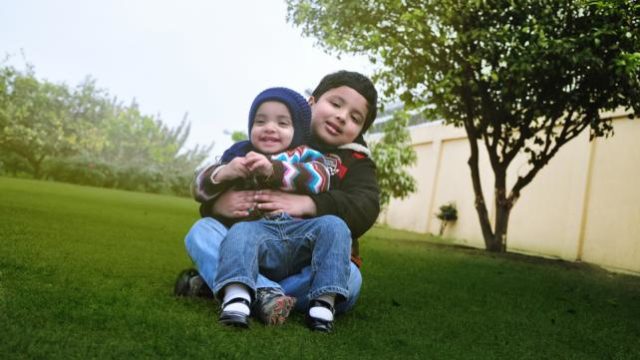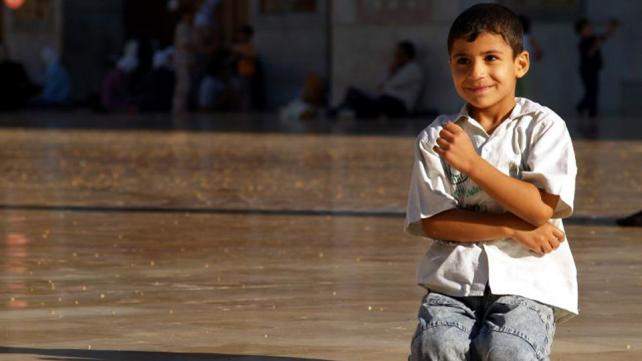Encouragement and Criticism when Parenting

By Ibrahim Bowers
Parents, sometimes with their comments or attitude can have a negative influence on their children, unknowingly. Discussed below are some of these pitfalls and ways of avoid them.
Enthusiastic Children
“Mommy! Daddy! Look at what I did!” Children, their faces beaming with joy, running to their parents to show them “something special” is an everyday occurrence and an extremely important one.
The treasure they hold in their hands might be a picture they have drawn or painted, a card they have made, a word they have written, or their report card from school. Whatever it is, they are very happy and can’t wait to show mom and dad.
Wrong Ways to Handle Children’s Enthusiasm
What parents do in these situations can have a tremendous impact on children’s lives. Sometimes parents will immediately start complaining and finding fault in everything. “Don’t interrupt me right now! I’m busy!” they might say. Or they might start criticizing the child’s treasure itself. The face is not drawn perfectly, the word is not written neatly enough, you should have gotten all A’s. That B+ is not good enough. The heartbroken child, with his head hanging sadly, walks away maybe to give up ever trying to improve his drawing, his writing, or his school work. He tried. It wasn’t good enough. Why try anymore?
Certainly, evaluation and positive criticism are sometimes necessary to teach children how to do better next time. However, at this stage, it is probably much more important to recognize our children’s efforts than the results of those efforts.
If their enthusiasm for learning and trying is stifled at a young age by too much negative criticism, it will be difficult to renew their enthusiasm later. If, on the other hand, parents begin with good words, look for the positives in their work, and compliment it, they will encourage their children to do more and more. And chances are, the children will get better and better at what they are doing.
Proper Ways to Handle Children’s Enthusiasm
1. Compliment Children’s Achievements
Timing is very important in this. Parents should learn to recognize the signs. Sometimes children want to show parents what they have done in order to hear them say how good it is. In these cases, point out and compliment the positives first, then point out some of the negatives and suggest ways to correct them.
2. Look for Positive in Children and Encourage it
At other times, children may take their parents something with a questioning look on their face. They know something is wrong with their work, and they want their parents to tell them how to fix it. If they are looking for help, this is the time to show them a better way without belittling them. Always look for the positive and encourage it first. The negatives should be played down and given in a spirit of advice, not criticism.
Children usually believe in themselves. If asked if they can draw a picture, for example, they will usually say that they can. They are confident in their abilities. However, if parents belittle, criticize, and make fun of their work, they will lose this confidence. It is the parents’ responsibility to fan the flames of their children’s enthusiasm, not to put out the fire.


